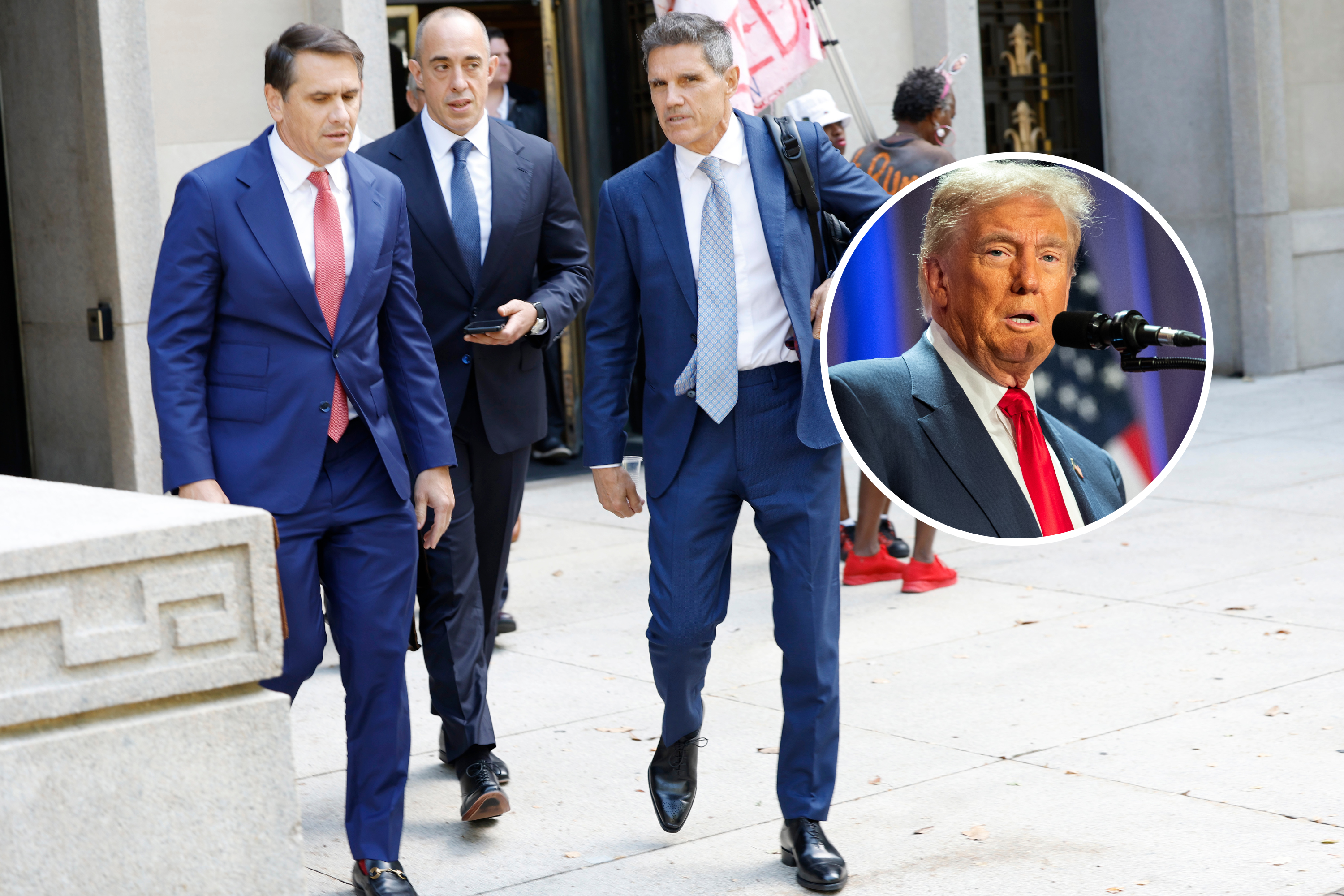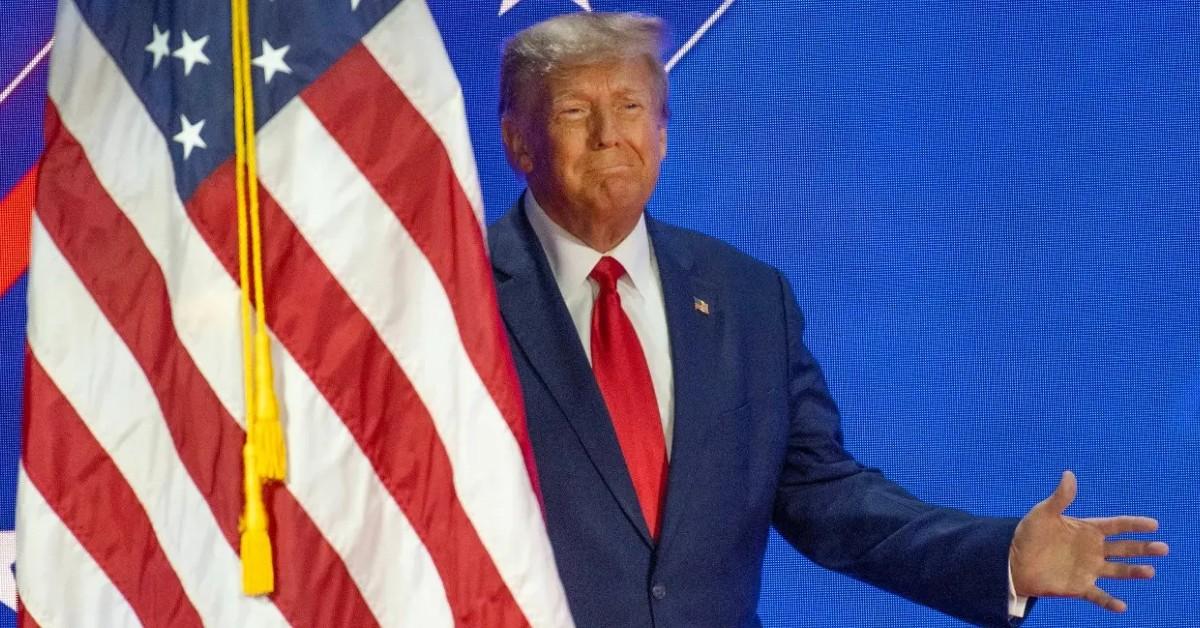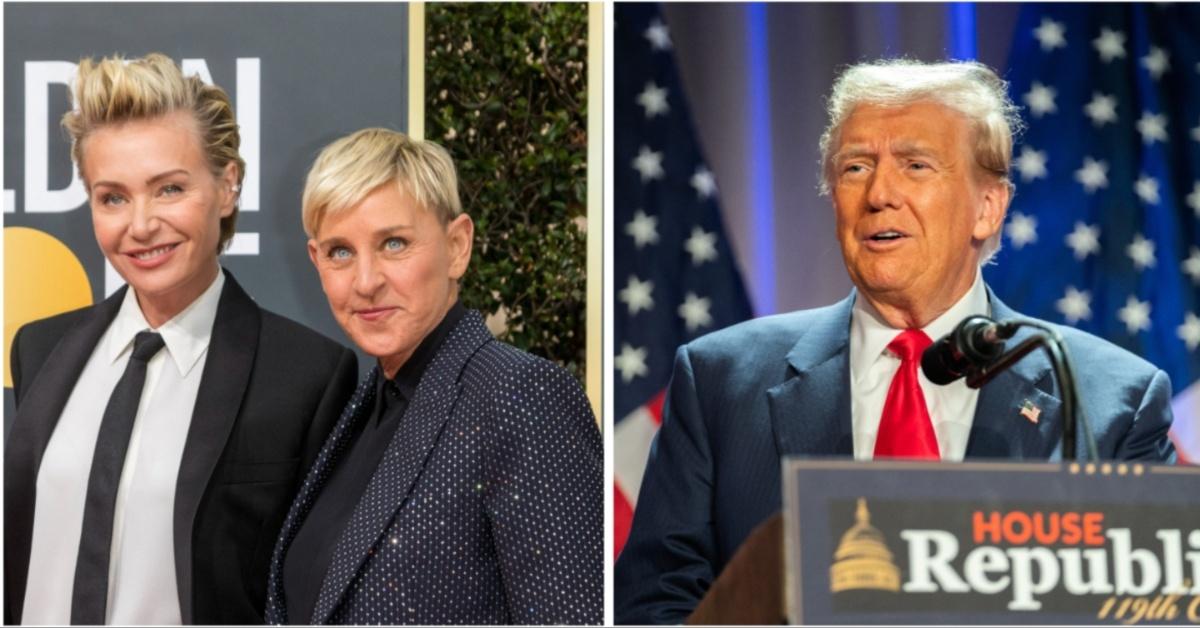Donald Trump’s legal team has formally requested the dismissal of the New York criminal case against him, arguing that the conviction threatens to undermine the orderly transfer of power following his 2024 presidential victory.
In a letter to Judge Juan Merchan on Wednesday, Trump’s attorneys Todd Blanche and Emil Bove contended that “immediate dismissal of this case is mandated by the federal Constitution, the Presidential Transition Act of 1963, and the interests of justice.”
The case centers on Trump’s conviction earlier this year on 34 felony counts of falsifying business records related to a hush money payment made to adult film star Stormy Daniels during the 2016 election campaign.
AFP/Getty Images
Trump’s attorneys argue that the case interferes with Trump’s ability to execute his constitutional duties as President-elect and warned of potential destabilization to governmental operations. They further argued that Trump, as President-elect, enjoys immunity from criminal prosecution under the same principles that protect sitting presidents.
“Just as a sitting president is completely immune from any criminal process, so too is President Trump as President-elect,” the letter states, referencing a 2000 Justice Department Office of Legal Counsel (OLC) memo asserting that sitting presidents are immune from criminal prosecution.
The lawyers also cited the Presidential Transition Act, which requires government officials to avoid actions that could disrupt the transfer of executive power.
The letter accused Manhattan District Attorney Alvin Bragg of pursuing the case for political reasons, calling the charges “fatally flawed.”
Bragg’s office, however, opposes dismissal despite acknowledging Trump’s role as President-elect. In a recent filing, prosecutors stated, “The People deeply respect the Office of the President, but this case has already been tried and decided according to the law.”
They admitted the case raises unique constitutional questions but argued that Trump’s election victory is not a valid reason to overturn his conviction.
What’s happened so far?
The president-elect was convicted in May on 34 counts of falsifying business records to cover up a scheme to influence the 2016 election. The charges stem from a $130,000 hush money payment to adult film actress Stormy Daniels to suppress her claim of a sexual encounter with Trump a decade earlier, just before the 2016 election.
Since then, Trump has denied any wrongdoing and stated that the alleged encounter never occurred.
The case has faced multiple delays, attributed to tactics employed by Trump’s legal team and a Supreme Court ruling in June, which held that former presidents have some immunity from criminal prosecution for “official” actions.
Following Trump’s recent election victory, his lawyers urged Judge Merchan to dismiss the case, calling on prosecutors to support their request. They argued that dismissing the case was necessary “to facilitate the orderly transition of executive power — and in the interests of justice.”
Merchan has given prosecutors until Tuesday to respond.
In their response, prosecutors acknowledged “the demands and obligations of the presidency” but emphasized their “deep respect for the fundamental role of the jury in our constitutional system.”
Last week, the judge postponed ruling on Trump’s earlier motion to overturn his conviction, citing a U.S. Supreme Court decision in July that granted presidents broad immunity from criminal prosecution.
A dismissal would nullify Trump’s conviction, removing the threat of a criminal record and potential prison sentence.
Judge Merchan could also choose to delay proceedings, await a federal appeals court decision on Trump’s effort to transfer the case out of state court, or pursue another course of action.
Update: 11/20/24, 12:05 p.m. ET: This article has been updated with more information.













